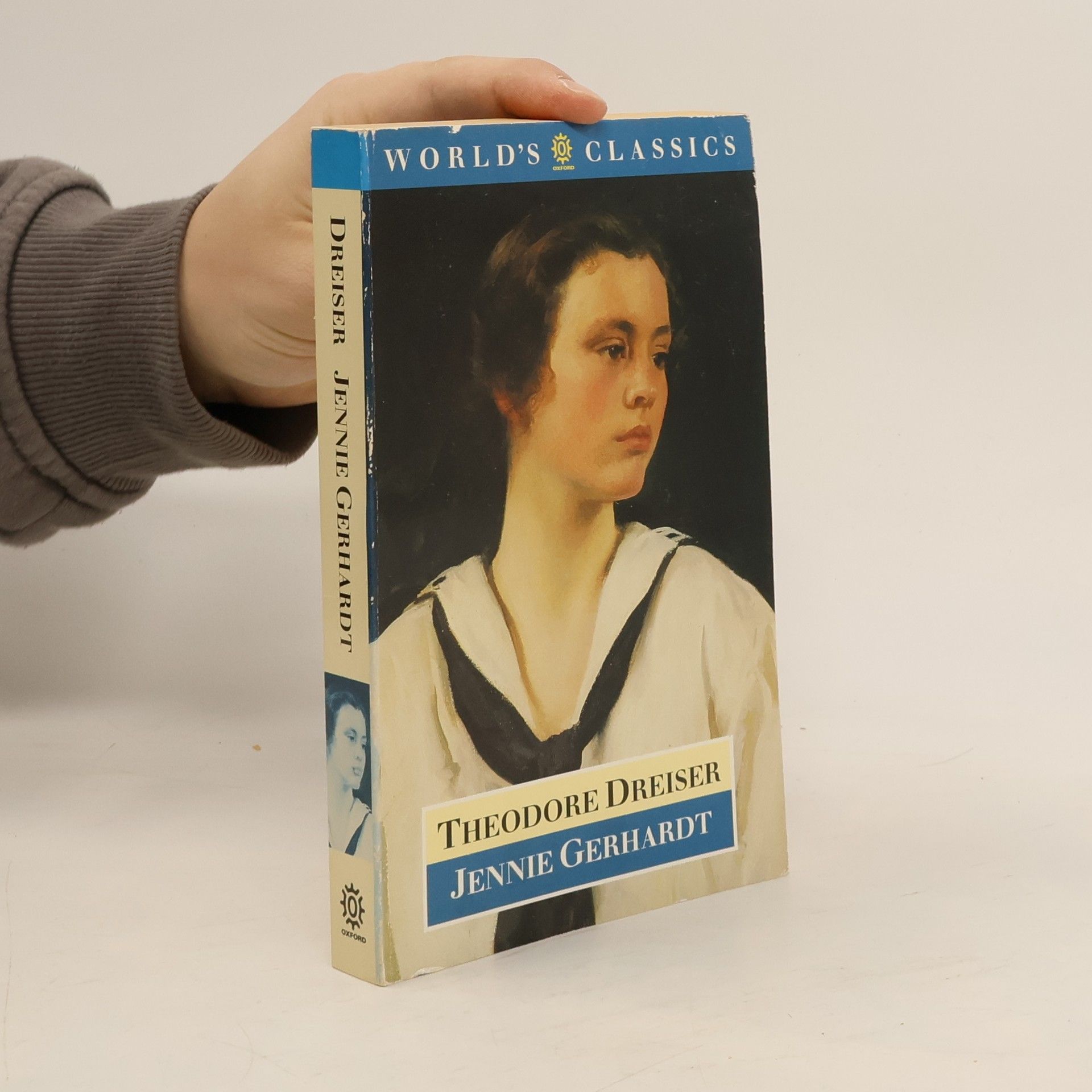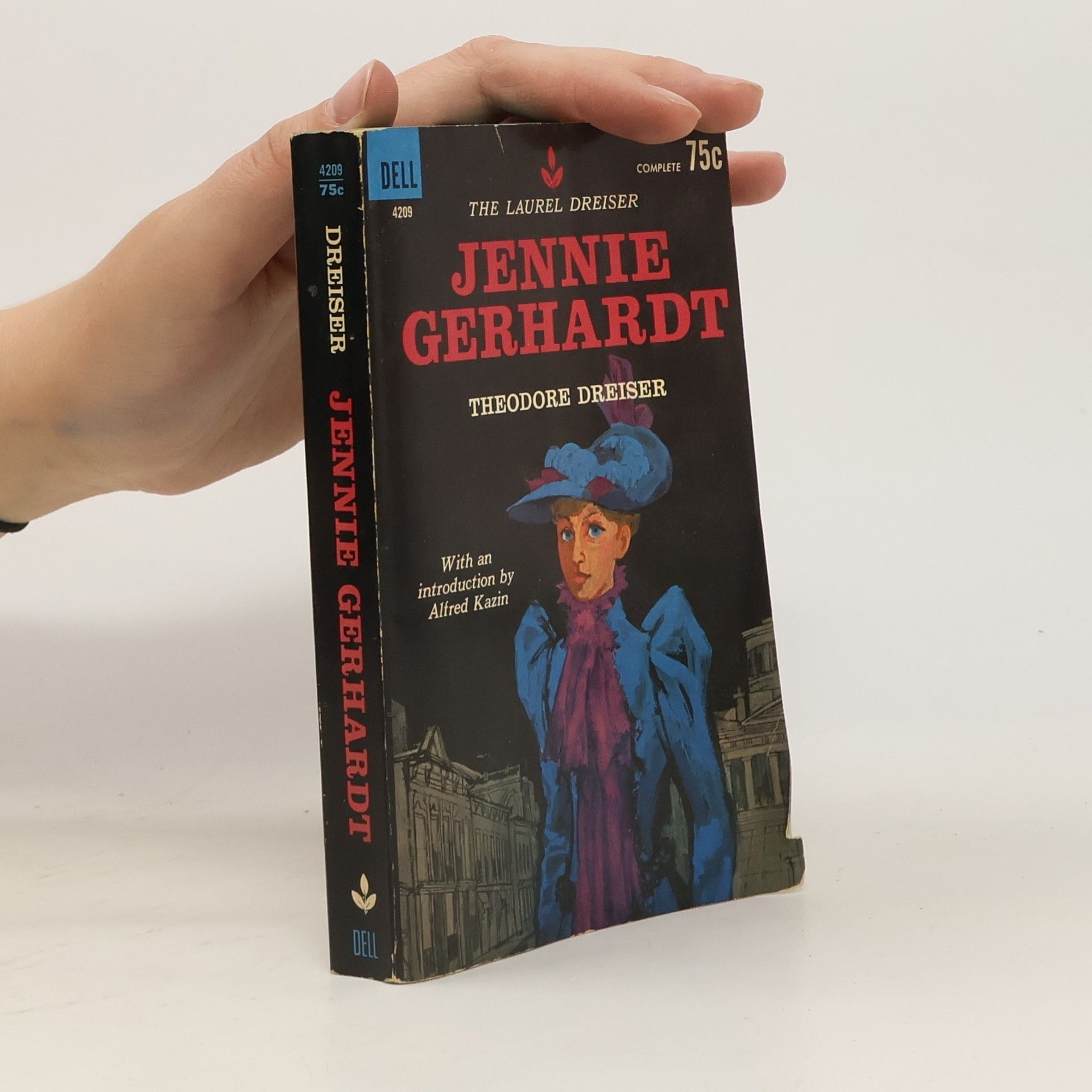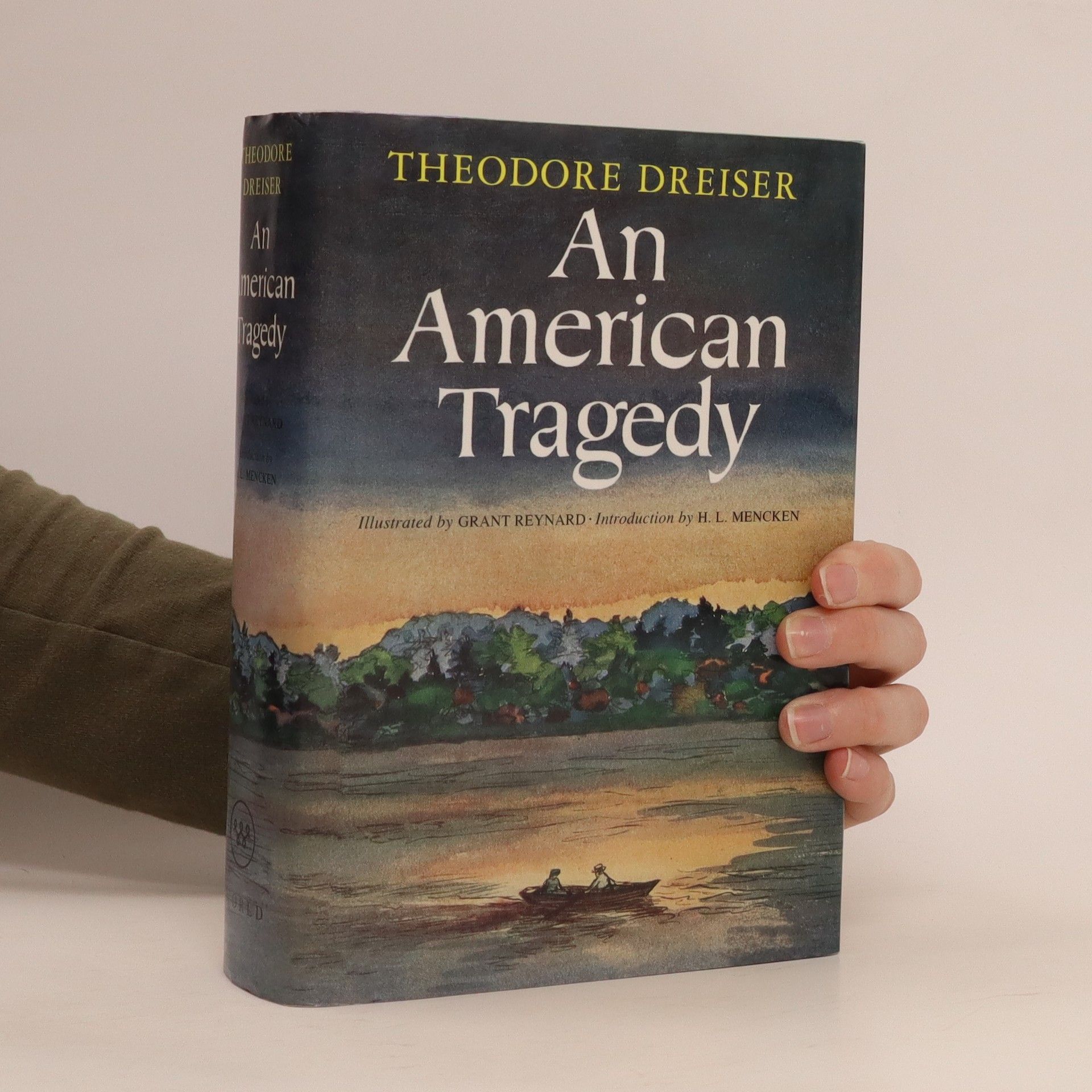Set against the backdrop of the Gilded Age, the narrative follows Frank Cowperwood, a businessman who rises to wealth after exploiting the Panic of 1873. After relocating to Chicago with his young lover, he aggressively takes control of the city's transit system, showcasing his ambition and greed. However, as his past catches up with him, he faces social ostracism and personal turmoil, leading to a profound questioning of his values and ambitions. This tale of romance, betrayal, and societal critique remains a significant reflection on American life.
Theodore Dreiser Books
Theodore Dreiser was an American novelist and journalist who pioneered the naturalist school. He is known for portraying characters whose value lies not in their moral code, but in their persistence against all obstacles. His literary situations more closely resemble studies of nature than tales of choice and agency, exploring human existence in its raw state.



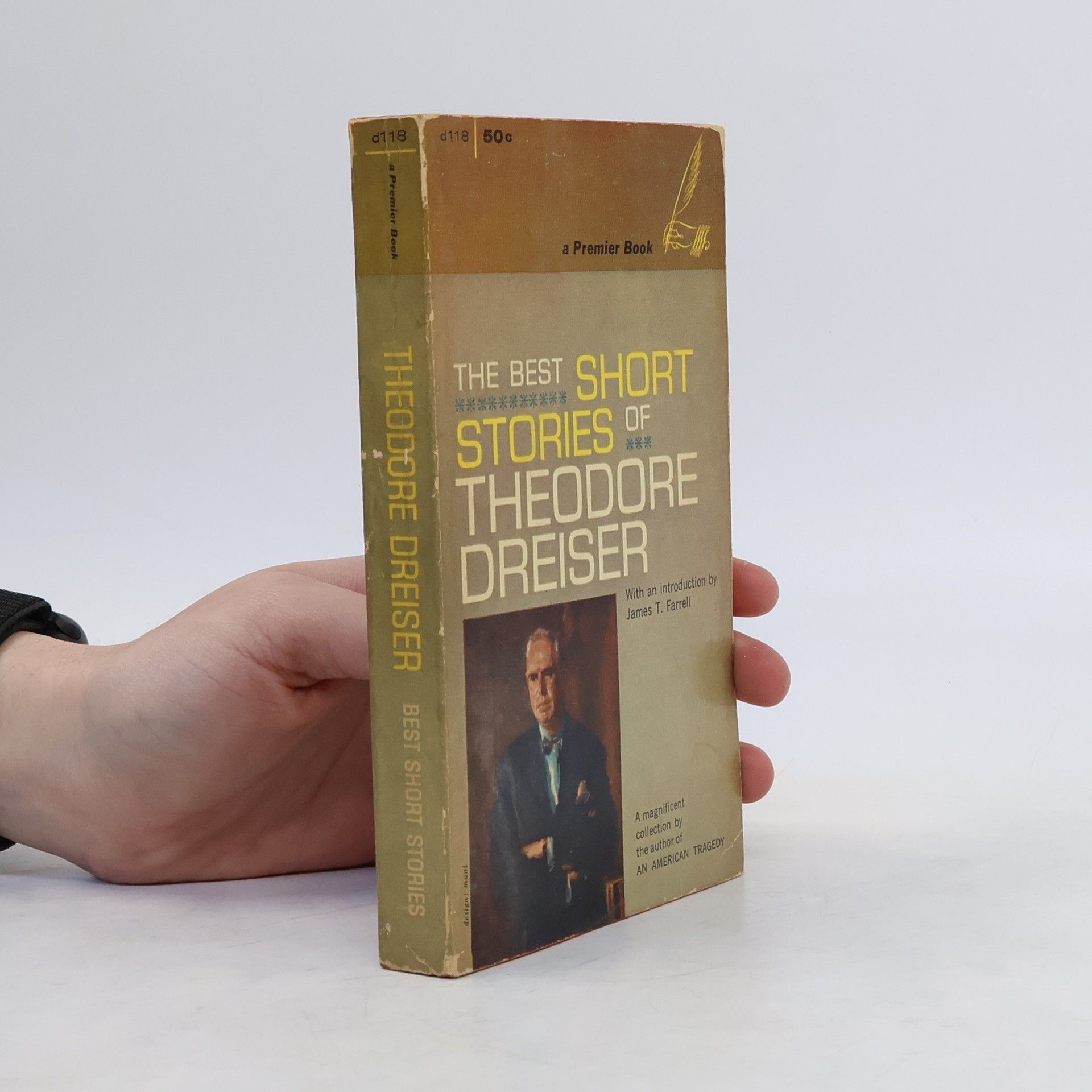

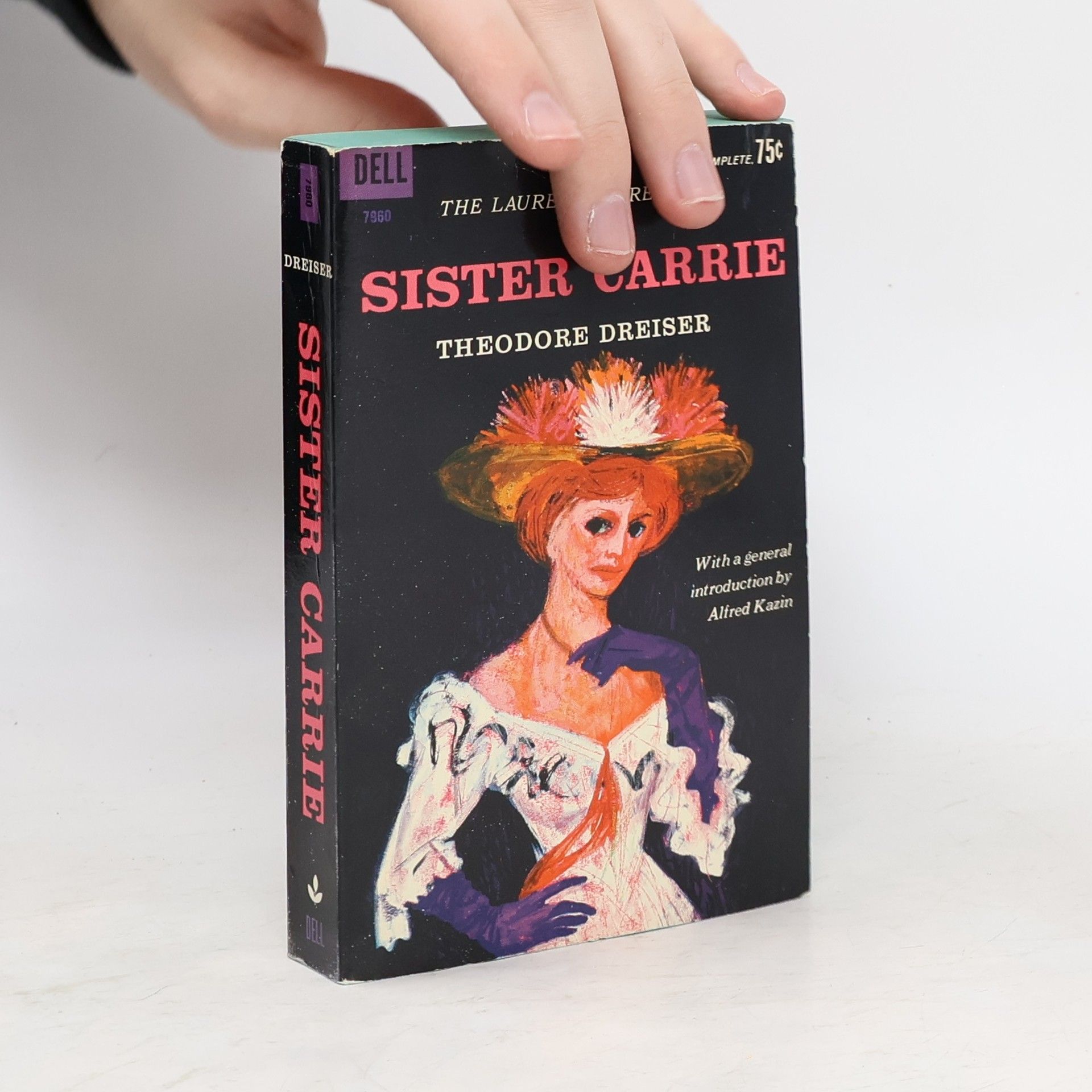

“When a girl leaves home at eighteen, she does one of two things. Either she falls into saving hands and becomes better, or she rapidly assumes the cosmopolitan standard of virtue and becomes worse.” With Sister Carrie, first published in 1900, Theodore Dreiser transformed the conventional “fallen woman” story into a genuinely innovative and powerful work of fiction. As he hurled his impressionable midwestern heroine into the throbbing, amoral world of the big city, he revealed, with brilliant insight, the deep and driving forces of American culture: the restless idealism, glamorous materialism, and basic spiritual innocence. Sister Carrie brought American literature into the twentieth century. This volume, which reprints the text Dreiser approved for publication during his lifetime and includes a special appendix discussing his earlier, unedited manuscript, is the original standard edition of one of the great masterpieces of literary realism.
An American Tragedy (Volume II)
- 320 pages
- 12 hours of reading
The book aims to contribute to the preservation and restoration of classic literature, highlighting the importance of maintaining original works for future generations. It reflects a commitment to literary heritage and the value of timeless narratives.
An American Tragedy (Volume I)
- 130 pages
- 5 hours of reading
The book represents a dedicated effort to preserve and repair classic literature, ensuring that original texts remain accessible and appreciated. It highlights the importance of maintaining literary heritage while providing readers with a chance to engage with timeless works in their authentic form.
A Traveler at Forty
- 422 pages
- 15 hours of reading
The book is a significant classical work that explores themes of travel and personal reflection. It has been carefully reformatted and retyped to ensure clarity and readability, making it accessible for contemporary readers. The effort to preserve this literary piece highlights its enduring importance throughout history, aiming to keep its insights alive for future generations.
Oxford World's Classics: Jennie Gerhardt
- 378 pages
- 14 hours of reading
Dreiser's second novel and his own personal favorite features an impoverished heroine who, in simply trying to make her way in the world, inadvertently defies a host of social conventions. Following the addition of Sister Carrie to the World's Classics series, Jennie Gerhardt is accompanied by a full and up-to-date editorial apparatus.
Theodore Dreiser, an influential American novelist and journalist, is known for his naturalist approach in literature. His works frequently explore protagonists who achieve their goals without a strong moral compass, presenting narratives that resemble studies of nature rather than traditional tales of choice and free will. This unique perspective highlights the complexities of human behavior and societal influences, making his novels a significant contribution to the naturalist movement.
This stunning collection of 28 stories brings readers a literary portrait of the American family from 1894 to today. A collection of works that captures the essence of American families from living together and apart to loving and letting go.Regret / Kate Chopin --The lombardy poplar / Mary Wilkins Freeman --The widow's might / Charlotte Perkins Gilman --Old Rogaum and his Theresa / Theodore Dreiser --The sorrows of gin / John Cheever --I stand here ironing / Tillie Olsen --Simple and Counsin F.D. Roosevelt Brown / Langston Hughes --The sky is gray / Ernest J. Gaines --My Coney Island uncle / Harvey Swados --My son the murderer / Bernard Malamud --Final dwarf / Henry Roth --And Sarah laughed / Joanne Greenberg --Wedding day / Roberta Silman --The legacy of Beau Kremel / Stephen Wolf --Kiswana Brown / Gloria Naylor --Tuesdays / Mary Hedin --Afloat / Ann Beattie --Winterblossom garden / David Low --Old things / Bobbie Ann Mason --Starlight / Marian Thurm --The writer in the family / E.L. Doctorow --The rich brother / Tobias Wolff --My legacy / Don Zacharia --Violation / Mary Gordon --Appropriate affect / Sue Miller --What I did for love / Lynne Sharon Schwartz --Still of some use / John Updike --Elephant / Raymond Carver
This novel was placed number 16 in the best novels of the XXth century, and is considered a real american classic. The ambitious but ill-educated and immature Clyde Griffiths is raised by poor and devoutly religious parents who force him to participate in their street missionary work, and on reaching young adulthood takes low-status jobs as a soda jerk and then as a bellhop at a top Kansas City hotel. There, his more sophisticated colleagues introduce him to alcohol and prostitutes, something he starts to enjoy...
